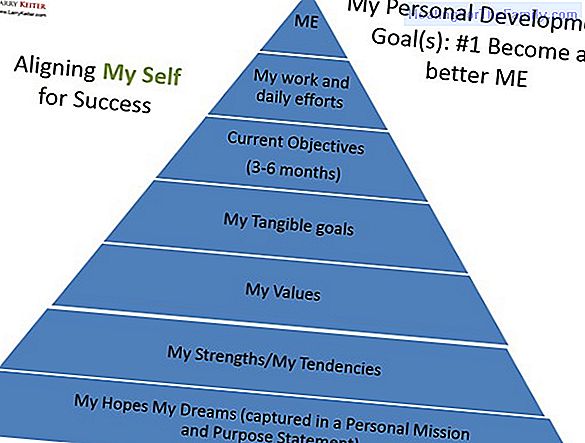How to educate lying children
Children and lies often go hand in hand at certain stages of their development. It is normal that both boys and girls say them, what's more, we should know that they are necessary for their proper intellectual development. However, it is also true that nobody likes to be lied to. What to do then, ho
Children and lies often go hand in hand at certain stages of their development. It is normal that both boys and girls say them, what's more, we should know that they are necessary for their proper intellectual development. However, it is also true that nobody likes to be lied to. What to do then, how should we educate liars?Why and when the lies appear in childhood
The first lies
usually appear around 3 or 4 years old, appear from one day to the next, in that magical age where fantasy and reality intermingle constantly. These first lies play a purely exploratory role, a way in which the child realizes that his thoughts belong to him and no one else, and that to communicate with others must take into account what the other knows.

All children go through this phase of deceit and lies because they must acquire an important milestone in their cognitive development: overcome the egocentrism that characterizes this stage between 3 and 6 years. Another type of lies are
those used by children to avoid a scolding
, they are usually of the type 'I have not been', 'it has been the fault of so-and-so or of menganito', ... In these cases we should not be excessively strict nor cry to heaven It is best to educate in sincerity without severely punishingas punishment increases the likelihood that a child will lie to us again for fear of being reprimanded again. A loop from which we will not escape. Taking into account the exploratory nature of these lies and how necessary they are for their intellectual development, parents should treat them without excessive importance. On rare occasions, they lie with the clear intention of hurting someone. Rather it is playing, distorting reality or trying to avoid punishment. Pautas 5 guidelines to educate children in sincerity 1.
Be the best role models
. For our children to understand the importance of sincerity they must see how their main referents, their parents, never lie to them or cheat them. This does not mean that we should inform you of everything, since sometimes we will have to keep quiet or hide some information or present it in a less impressive way.
2. Avoid calling them liars. When we rate a child as a liar we are being unfair, it is wrong, it is useless, and. Of course it is not educational. By calling him like this we can make him fall into the error that he can not change.
3. Ignore the trivial lies. Many of the lies that our children tell us are simple games so you have to do as if nothing and continue to promote the importance of sincerity.
4. Give the opportunity to tell the truth. Before a big lie, especially serious or dangerous, as some related to money or house keys or personal valuables must give the opportunity to the child can explain the truth before starting to lecture or scream meaningless. There is a saying that says 'lying confessed, half forgiven'.
5. Do not humiliate in public. Lies should be treated alone to avoid humiliating the child in public.












